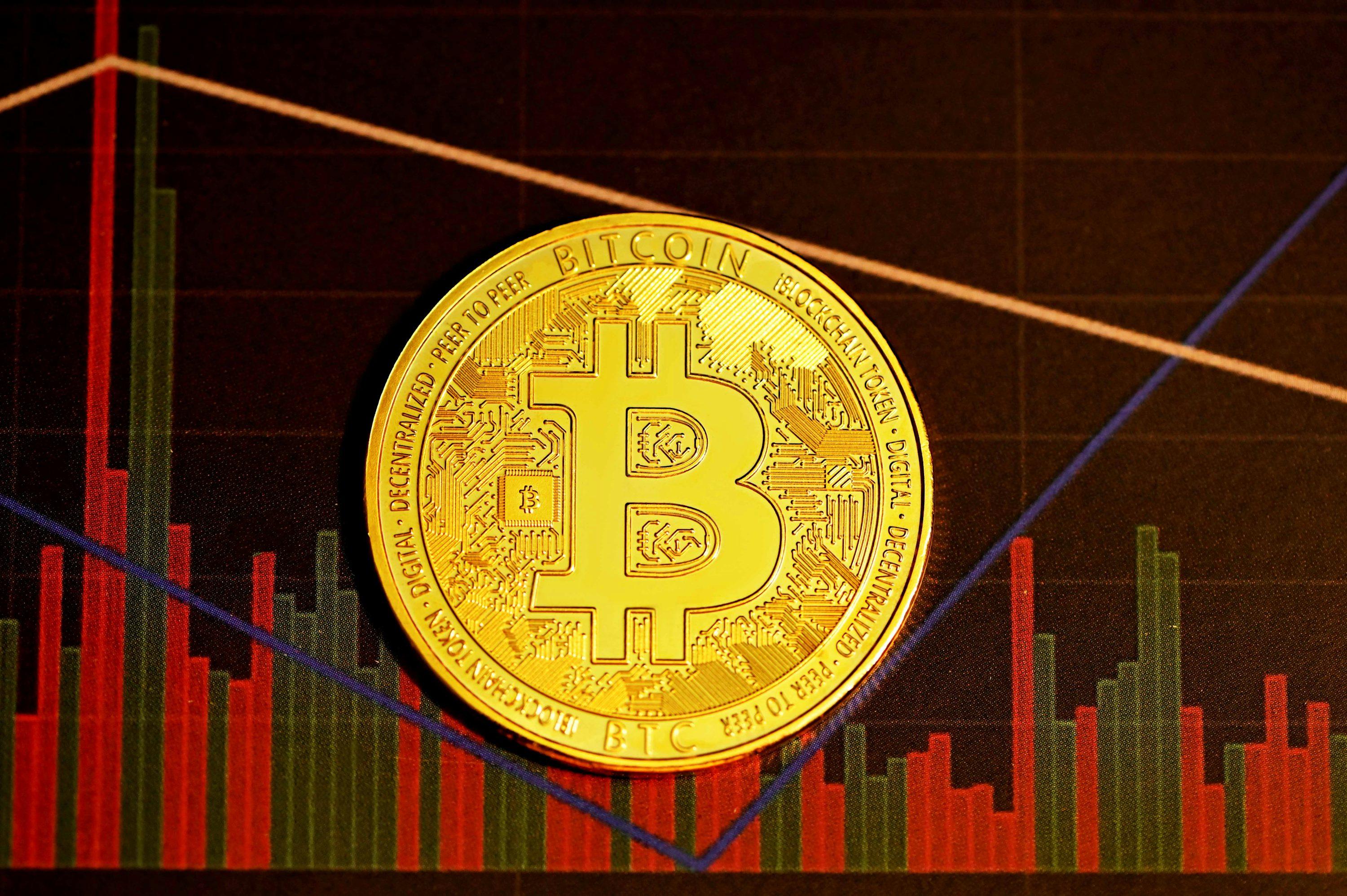ARTICLE AD
The Lithuanian government is actively amending regulations to combat money laundering risks and ensure greater transparency in the crypto market.
Lithuania, one of the most burgeoning crypto markets in the world, is set to enforce stricter regulations on crypto companies with a comprehensive licensing process to be finalized by June 2025, as reported by Bloomberg. This move will likely shrink the crypto sector, leading to the closure of numerous existing firms in the country that fail to secure a license and compelling them to exit the market.
Currently, there are around 580 registered crypto firms in Lithuania. However, this number is expected to drop dramatically as many may not be able to meet the new licensing requirements.
Lithuanian officials argue that tighter controls are essential to prevent money laundering and protect investors from scams. They say lenient rules were one of the main causes of past sector failures.
“The crypto industry failed in a lightly-regulated environment,” Simonas Krepsta, a board member at the Bank of Lithuania, said in a Tuesday interview. “We have quite a lot of evidence of that in the US, other European countries but also Lithuania. We saw quite a number of failures, embezzlement cases and similar which were quite a blow for the industry.”
In addition to the EU’s Markets in Crypto-Assets (MiCA) regulations, which will come into effect in January 2025, Lithuania is introducing its own set of complementary measures, including more robust anti-money laundering protocols.
The Lithuanian central bank proactively prepares for the transition by educating its staff on crypto business models and initiating a pre-assessment phase six months before MiCA’s implementation. These efforts demonstrate Lithuania’s commitment to fostering a secure and reputable crypto environment, even if it may result in a downsized sector.
MiCA presents both challenges and opportunities for Lithuania
Lithuania became a hub for crypto and fintech businesses thanks to a previously friendly regulatory environment. With the upcoming implementation of the MiCA regulations, the country is on the cusp of a huge regulatory shift.
The licensing passport introduced by MiCA will allow Lithuanian crypto companies to seamlessly expand their services across the EU. This, along with Lithuania’s proactive efforts in licensing and anti-money laundering, positions the country well for MiCA compliance. MiCA will bring stricter regulations but balance consumer protection with innovation.
Economic considerations are also at play, as MiCA’s clarity and passporting are expected to attract new players to the market, potentially boosting job creation and economic activity. The regulatory focus on consumer protection and anti-money laundering could also spur innovation in creating secure and regulated products.
While compliance costs may rise, MiCA is anticipated to create a level playing field across the EU, simplifying cross-border services with a single license valid throughout the union. Unified regulations could attract investment and support Lithuania’s ambitions to lead in fintech.
The information on or accessed through this website is obtained from independent sources we believe to be accurate and reliable, but Decentral Media, Inc. makes no representation or warranty as to the timeliness, completeness, or accuracy of any information on or accessed through this website. Decentral Media, Inc. is not an investment advisor. We do not give personalized investment advice or other financial advice. The information on this website is subject to change without notice. Some or all of the information on this website may become outdated, or it may be or become incomplete or inaccurate. We may, but are not obligated to, update any outdated, incomplete, or inaccurate information.
Crypto Briefing may augment articles with AI-generated content created by Crypto Briefing’s own proprietary AI platform. We use AI as a tool to deliver fast, valuable and actionable information without losing the insight - and oversight - of experienced crypto natives. All AI augmented content is carefully reviewed, including for factural accuracy, by our editors and writers, and always draws from multiple primary and secondary sources when available to create our stories and articles.
You should never make an investment decision on an ICO, IEO, or other investment based on the information on this website, and you should never interpret or otherwise rely on any of the information on this website as investment advice. We strongly recommend that you consult a licensed investment advisor or other qualified financial professional if you are seeking investment advice on an ICO, IEO, or other investment. We do not accept compensation in any form for analyzing or reporting on any ICO, IEO, cryptocurrency, currency, tokenized sales, securities, or commodities.

 9 months ago
53
9 months ago
53 

